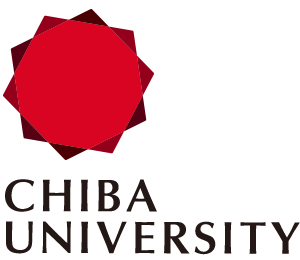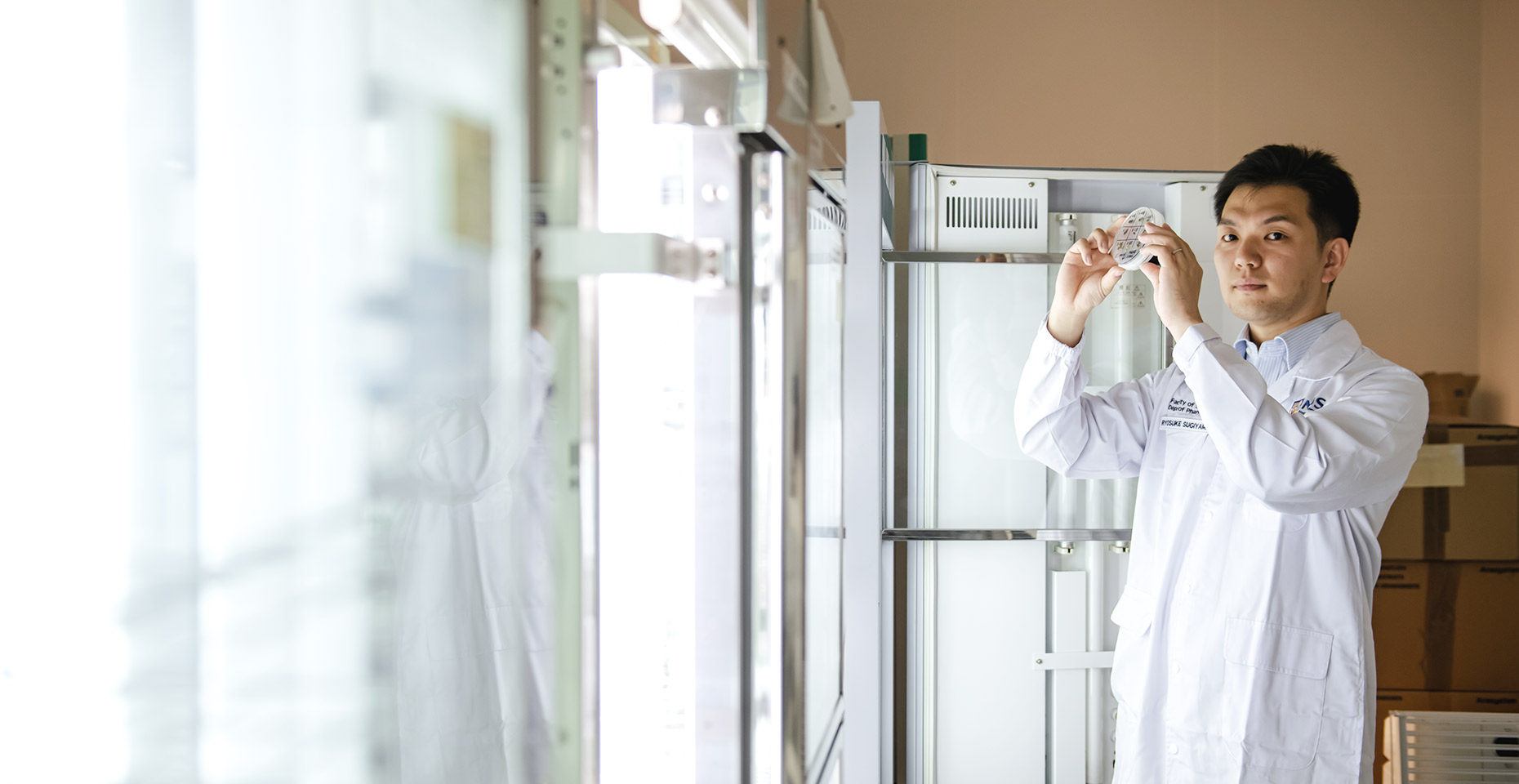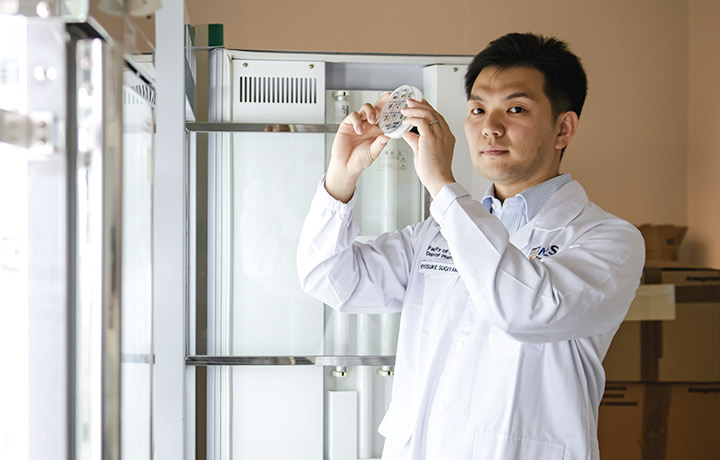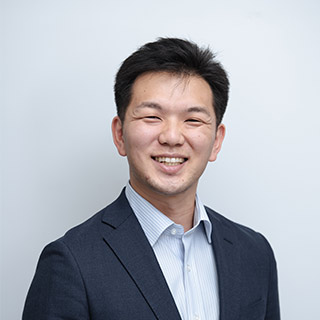Humans have utilized plants as medicine since ancient times. But what happens to the bioactive ingredients (secondary metabolites*) that plants produce if they are not used? The hypothesis that plants recycle these metabolites has been proposed for over 20 years. Assistant Professor Ryosuke Sugiyama of the Graduate School of Pharmaceutical Sciences has elucidated this mechanism through atomic-level experiments. We spoke with him about the goals of this ‘efficiency-oriented multiplayer,’ who is working across various fields.
*Organic compounds produced by plants that are not essential for basic survival, unlike primary metabolites such as sugars and amino acids. Instead, secondary metabolites have diverse structures and are believed to play roles in plant defense against infections and the attraction of insects.
Efficiency, Inspiration, and Control
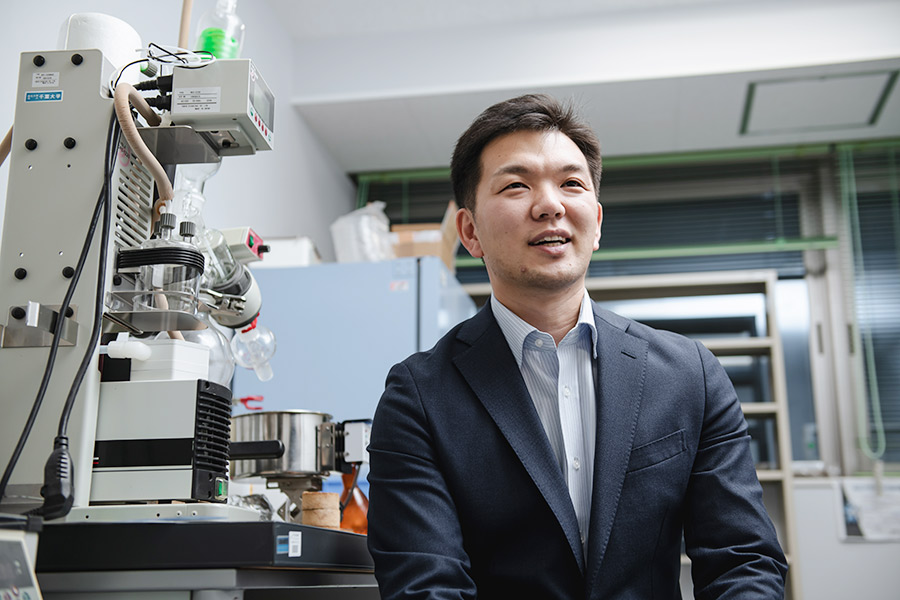
A game-loving child with efficiency in mind
When I was a child, I was only allowed to play games for one hour a day. So, I elaborated on how efficiently I could progress through the story within this limited time. I calculated, “As each battle takes 20 seconds, I can fight n times and earn X experience points.” I found Kyudo (Japanese Archery), which I started in high school, and gaming had much in common. Kyudo is a sport where you can hit the target with ideal movements. I found the challenge of controlling myself and increasing my accuracy as fascinating as playing a game, and I became deeply engrossed in it.
My first encounter with a Pharmacy
In junior high school, I had a very high fever. My mother, who worked at a pharmacy, bought me some expensive Chinese medicine costing 3,000 yen per pill. Remarkably, I was completely better the next day. This experience sparked my interest in pharmacology, especially natural medicines. By the time I entered high school, I had already decided to pursue a degree in Pharmacy. The entrance exam’s focus on questions that require extensive time and critical thinking, combined with the impressive cityscapes I saw during a school trip, were the deciding factors that led me to choose the Faculty of Pharmaceutical Sciences, Kyoto University.
Efficiency-focused lifestyle even at university
The lab I was assigned to at university was well-suited for long hours. To balance my research with Kyudo, I focused on achieving results within the limited time available. I enjoyed crafting a schedule like a puzzle to maximize efficiency, such as conducting experiments three times a week at triple the speed by adjusting my time management rather than sticking to the once-a-week routine typical for a new student. Above all, my drive to achieve better results than anyone else within the same time constraints was my greatest motivation. However, balancing research, club activities, and working part-time until 1:00 a.m. for financial support eventually led to me being bedridden about once every three months.
Mastering new skills to advance to the next level with a relentless drive
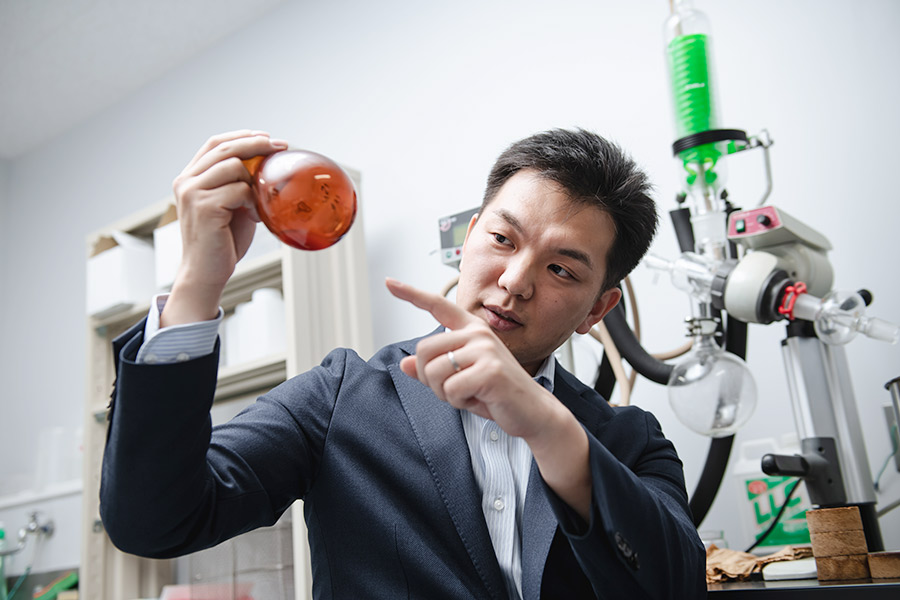
In the field of chemical biology, which merges chemistry and biology, he acquired skills in handling trace natural components and organic synthesis.
My goal was to become a unique researcher capable of seamlessly integrating the skills of chemistry, biology, and informatics. However, I recognized the limitations of learning everything in a single lab. Thus, I chose my career path with the intention of mastering all I could in my current lab and acquiring new technologies in subsequent labs.
Having been part of a lab that bridged both chemistry and biology during my doctoral studies was a significant advantage. While it is common in laboratory experiments to culture single isolates of microorganisms, in nature, a diverse array of organisms interacts with one another. During my search for new antifungal substances, I discovered a compound that could only be produced by co-cultivating two different species of microorganisms together.
We co-cultured Actinomycetes with another microorganism and found three compounds were produced: compound A, which strongly inhibited yeast growth; compound B, which moderately inhibited yeast growth; and compound C, which did not inhibit yeast growth at all. At first glance, compound C seemed to be a useless substance. However, when compound C was mixed with compound A, A’s biological activity was significantly enhanced. This discovery revealed the possibility that compounds appearing useless on their own might contribute to biological activity through synergistic effects. It also highlighted the profound complexity of substance production carried out by natural living organisms.
After obtaining His PhD, he joined a national research and development agency, RIKEN, where he acquired skills in bioinformatics.
Around that time, I developed an interest in comprehensively analyzing the metabolites and gene transcripts in microbial and plant extracts. However, the volume of data was so immense that Excel couldn’t manage it. So, I learned to process data using the statistical analysis software “R,” which dramatically improved my efficiency.
By combining this technology with chemical biology, I succeeded in proving a hypothesis that had been proposed over 20 years ago.
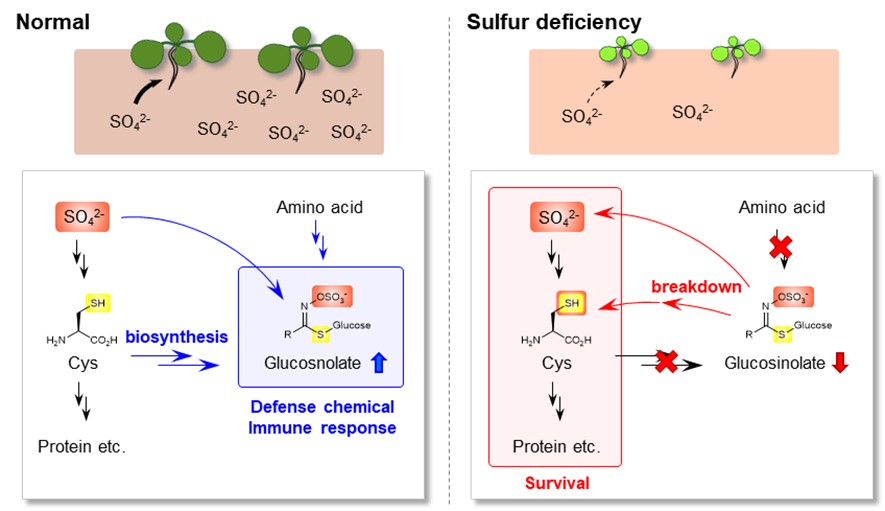
A class of the plant secondary metabolites, glucosinolates, are produced by plants in the Brassicaceae family and are responsible for their distinctive spicy flavor. These sulfur-containing compounds are typically synthesized and stored to protect against insects and other herbivores (see the left side of the figure above). However, in a sulfur-deficient environment, I revealed that the plants break down the stored glucosinolates themselves to recycle the sulfur (see the right side of the figure above).
The ability to use these compounds for both defense and nutritional storage is a highly rational survival strategy that efficiently utilizes limited resources.
Genome mining acquired while studying abroad amid the COVID-19 pandemic
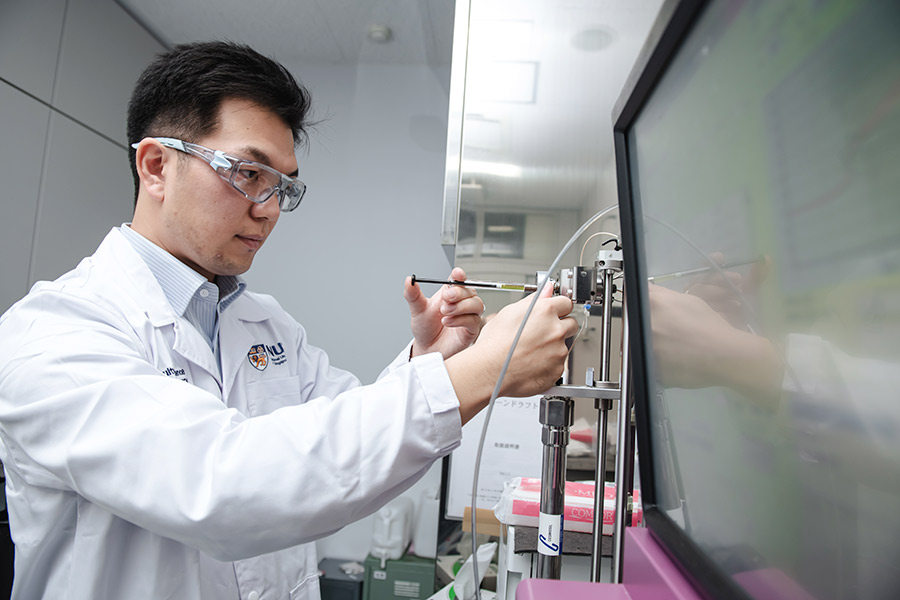
The next skills acquired were genome mining, a method for discovering new natural compounds from genome databases, and genetic engineering
I was selected for a postdoctoral fellowship program of the Human Frontier Science Program*, which supports young researchers in pursuing challenges abroad. This opportunity took me to the National University of Singapore, where I moved with my wife and children.
Although my planned research was temporarily paused due to the COVID-19 lockdown, I decided to explore information processing, a field I could pursue from home with a computer. During this time, I focused on finding an efficient method to extract genetic information related to the production of antibacterial substances from a database. This endeavor naturally enhanced my programming skills.
*An internationally renowned research grant program run by the International Human Frontier Science Program Organization (HFSPO) based in Strasbourg, France, which supports basic research in the life sciences.
Newly acquired programming skills and living in Singapore have positively influenced how I work.
I work so intensively during office hours and value the time I spend with my family outside those hours. Raising children is fun, but it’s so demanding that I don’t have the energy to work at night. Although my total working hours have decreased, I compensate for the workload by running programs while I sleep.
Living in a multicultural and tolerant country where differences are the norm, I found that people patiently listened to me until we understood each other. This helped me overcome my hesitation in speaking English. The diverse approaches to reach were intriguing, and I met many people who believed that “while research is important, it is not the absolute top priority in life.”
As my three-year program was coming to an end and I was looking for a position in Japan, a fellow student introduced me to my current supervisor, Professor Yamazaki. Our research interests aligned well, and in 2023, I was appointed as an assistant professor at Chiba University.
As a pioneer in “Natural Products Biology”

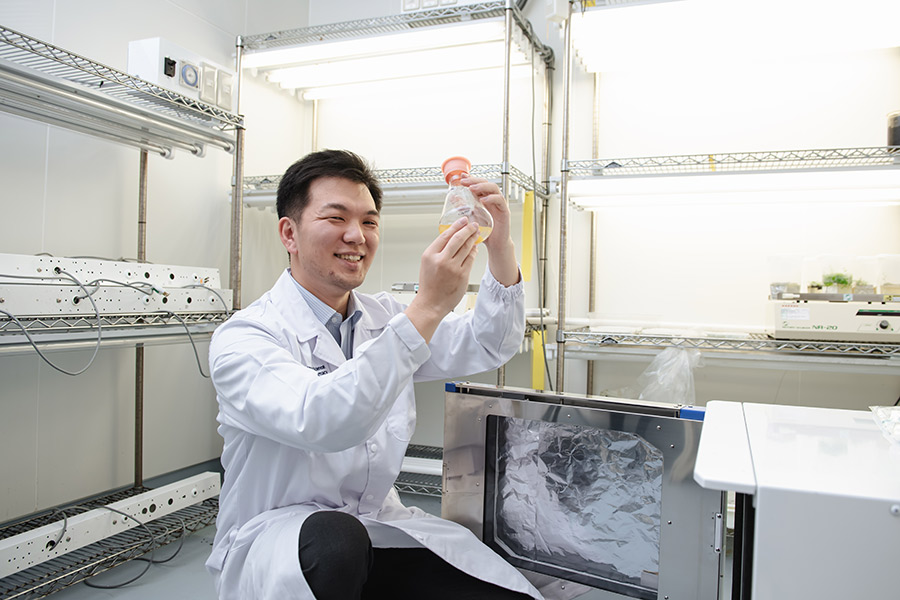
We asked him about the benefits of gaining skills and knowledge in various fields.
One significant advantage is that I can respect the unique perspectives of researchers in each field and limit our collaborative research to the work they excel at. For example, organic chemistry researchers tend to find unique synthesis methods fascinating, so I consult with them only on syntheses that pose specific challenges in organic chemistry. Additionally, I can synthesize other compounds myself.
I am currently engaged in several collaborative research projects with the Graduate School of Horticulture. The professors there are experts in cultivating plants on cultivated plots, which is invaluable when we need large-scale plant samples or tall plants. In contrast, our lab specializes in tracking microscopic phenomena, such as metabolite analysis, providing a complementary skill set to our collaborations.
His outstanding achievements earned him the Chiba University Award for Distinguished Researcher in 2023. When asked for advice for those starting their research careers, he recommends developing a core area of expertise.
I recommend that students wishing to embark on their research careers establish a core field in which they can confidently say, “I am an expert in this area.” I deliberately assign thesis topics that help them develop their skills fully, avoiding a half-hearted approach. Having worked across various fields, I am building my career around natural product chemistry.
What is the ultimate goal you are aiming for?
Research on secondary metabolites in plants has traditionally focused on understanding how plants produce compounds useful to humans. However, the underlying reasons why plants invest valuable resources in producing secondary metabolites have not yet been systematically studied as an academic field. I am dedicated to uncovering the biological significance of how metabolites function within the plant itself.
I am excited by the potential serendipity of discovering entirely new functions for plant molecules, which could ultimately benefit human society. My goal is to be a pioneer in developing the field of “Natural Products Biology.”
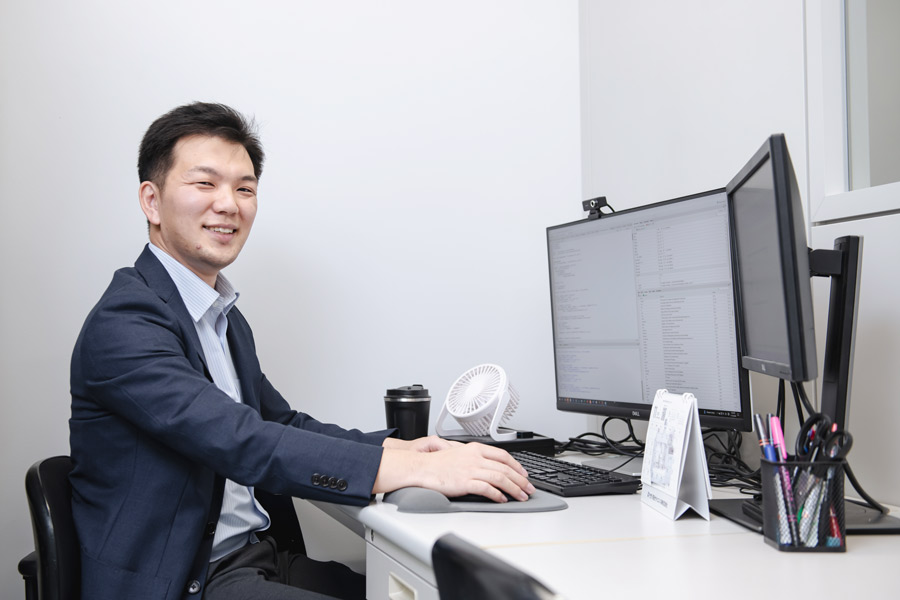
The way he systematically improves his skills reminded us of a game protagonist leveling up and acquiring new items.
● ● Off Topic ● ●
You are making the best of programming for your research. If a student with no programming experience wanted to start learning now, which language would you recommend?
I would recommend Python. It has a simple syntax and is great for handling large amounts of data and automating tasks. Plus, many “libraries” are available with a collection of useful functions, which can save a lot of time and effort.
Recommend
-
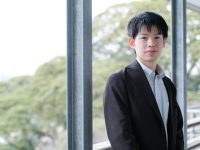
The Taming of a ‘Wild Horse’ Carbene!: Driving Drug Discovery through Low-energy Pharmaceutical Synthesis
2025.11.26
-
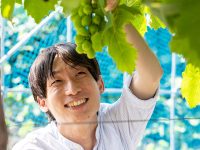
Designing a world-class climate-resistant fruit!~Developing “Designed Grapes” for Custom-Made Wine to Commemorate Special Occasions
2022.11.07
-
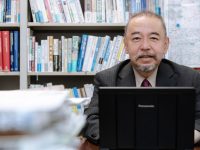
The Global Goal of Carbon Neutrality by 2050 (Part 2): A decarbonized society from a local perspective
2023.07.14
